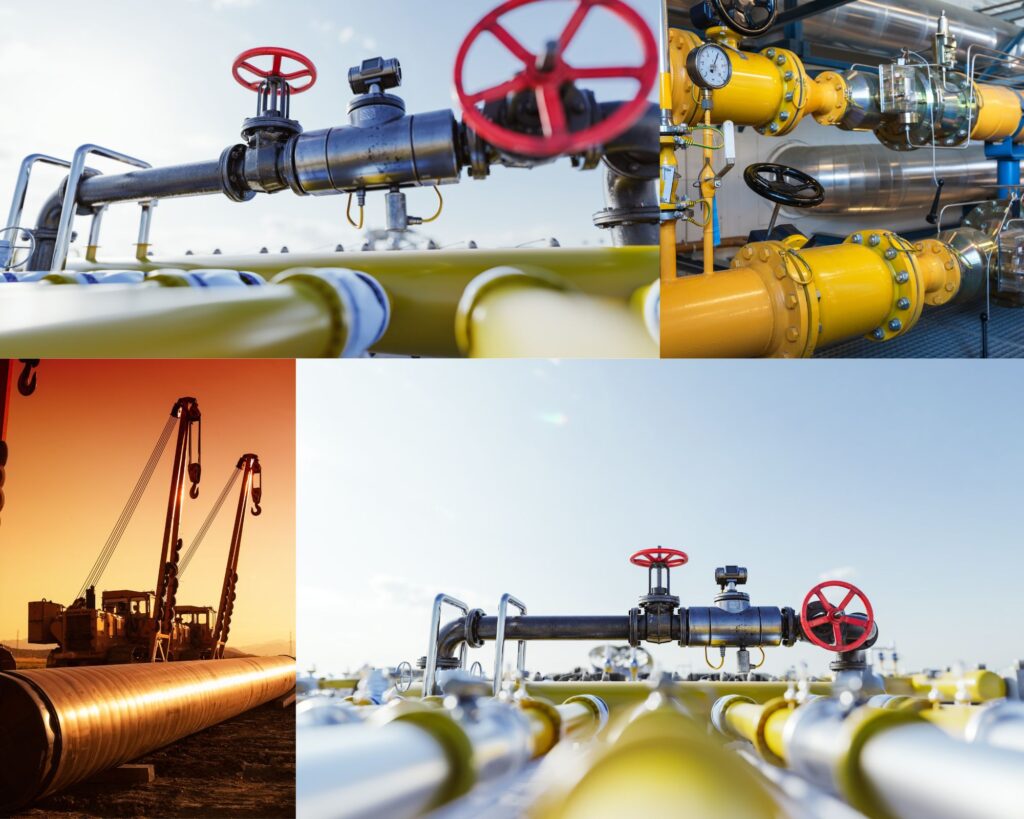
Source : AUN News
The Russian energy company Gazprom announced earlier this week that it would further restrict the shipments of natural gas to Germany via the Nord Stream 1 pipeline on Wednesday.
The already high price of natural gas in Europe increased due to the news, reaching levels last seen in the days immediately following Russia’s invasion of Ukraine in February. Prices later started to decline, but they are still around twice what they were in mid-June when Russia began to impose several limitations on oil flow through the pipeline.
According to Nord Stream data, flows were only approximately 20% of the pipeline’s capacity. German officials question Gazprom’s claim that technical problems are to blame for the decreased output. According to European authorities, Russian gas deliveries have decreased as retaliation for Europe’s resistance to the war in Ukraine.
The European Union on Tuesday urged its members to reduce their gas use by 15% to address the current gas shortage and ease concerns that Russia may eventually stop all exports to Europe.
According to Melissa Eddy and Stanley Reed for The New York Times, there is a rush to develop terminals on the North Sea coast in Germany, the continent’s largest consumer of Russian gas. These terminals will accept cargoes of liquefied natural gas. LNG, brought by seagoing tankers from suppliers such as the United States and Qatar, was formerly considered a pricey substitute for Russian gas delivered by pipeline. It is now regarded as the most accessible fuel source to compensate for deficiencies.
Analysis by: Advocacy Unified Network
